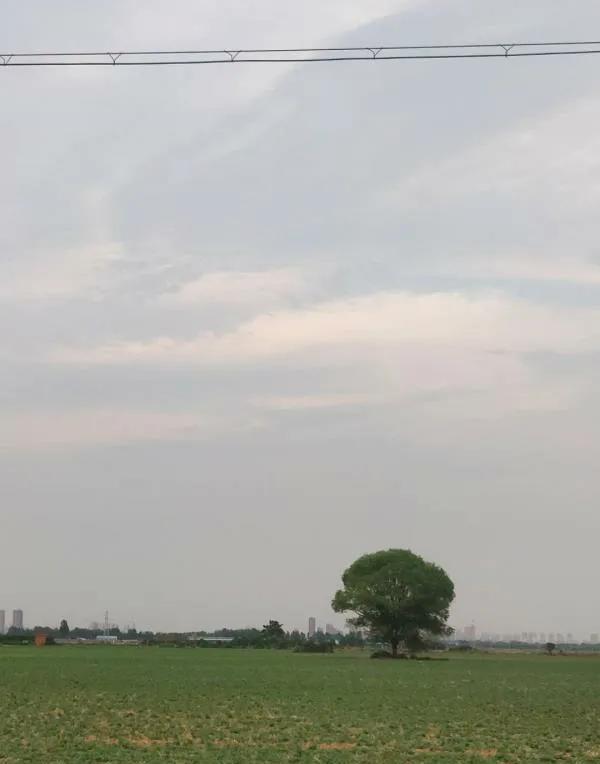Historical legend is an allusion rich in cultural meaning, a bucket of nutrient solution that helps to move forward, whether it is recorded in the history, the township chronicle, or passed on by word of mouth in folk villages.
"Sangao Village, Wugu City, a slip of Tang Horse to Song Buddha" (Buddha, Xinxiang County people read "feng"), this saying is widely spread among the older generation of Tiexi Xinxiang County people, it carries too much nostalgia and infinite aftertaste from generation to generation.
Nowadays, the "Three Guo Two Cui One Zhang Jiang" as the large population of the big zhao camp in the "Tang Dynasty has been inhabited here", its jurisdiction "Wugu City" and "Five Tang Ma".
In 111 BC, Emperor Wu of han was pleased to have the first rank of the rebel Minister Lü Jia of the State of Nanyue at Xinzhongxiang (新中乡, in present-day Zhanggucheng), Ji County, and changed the name of Xinzhongxiang to Yuejia and placed it in the county. Later, due to the change of dynasties, the county seat of Yujia County was relocated several times, and the present site was set in 539, and the new Zhongxiang City Pool was also helplessly named "Old City" due to the turmoil of the times and the abandonment of its political status.
The ruins of the deserted city were gradually used by the people. With the settlement and development of Shanxi immigrants in Xinxiang at the beginning of the Ming Dynasty, the popularity around the abandoned old Jia County town gradually became popular, forming Tonggucheng, Zhanggucheng, Wanggucheng, Dinggucheng and Zhangdinggucheng.
The "Huwei Line" on the west side of the Camp is the "One Slip of Tang Horse to Song Buddha" where legend and reality coexist. During the Tang Dynasty, the residents of the Camp took the saline land here as a horse ranch, and got the place name "Tang Ma".
The "Five Tang Horses" were formed in the Ming and Qing dynasties. At the beginning of the Ming Dynasty, Shanxi immigrants lived, developed and multiplied in Tangma, and gradually had three villages: "Li Tangma", "Zhang Tangma" and "MaTangma".
The expansion and formation of the village is sometimes full of sorrow and interplay like the emotions of individuals. During the Ming Yongle Zhu Di Dynasty, the Zhang clan who immigrated from Shanxi to live in the west of Li Tangma Village was crowned as a concubine in the Jiajing Dynasty because of Zhang Ji's daughter, and her place of residence was renamed Imperial Tangma Village; in the middle of the Qing Dynasty, Zhang Tangma Village was divided into villages because of the discord between the two brothers, and the Eastern Zhang Tangma Village appeared.
From the Tangma villages of the Great Zhao Camp to the Song Buddha in Zhai Po, it is a spatial transfer, an exploration from one past to another legendary allusion. During the Zhao and Song Dynasties, due to the flooding of the Yellow River and QinShui, a stone Buddha was washed away here, and it was named "Song Buddha". During the Ming Dynasty, the Zhang clan, who immigrated here from Shanxi, named "Little Song Buddha" because of the same name as the northern part of the village.
"The Big Song Buddha is not big, and the Little Song Buddha is not small." The statues of the Ming Buddha preserved in the Small Song Buddha Village protect this water and soil, and the Yi people have repeatedly worshiped it.

The so-called "Buddha in the heart, the four views are all Buddhas." The migration of immigrants and the regular form of villages all reveal the helplessness, hardship and wisdom of the ancients, and the anxious eyes gradually have a understanding of the nature that is not familiar with life, they have won, "a slip of Tang Ma to Song Buddha" is the road to the realization of their dreams created by the blue wisps of the road.